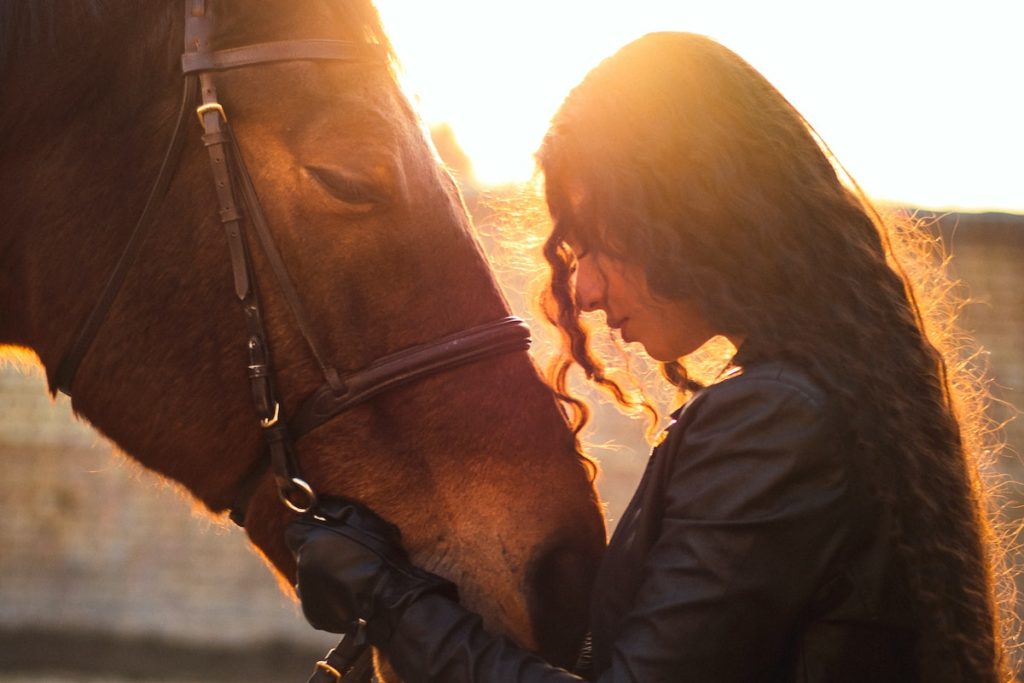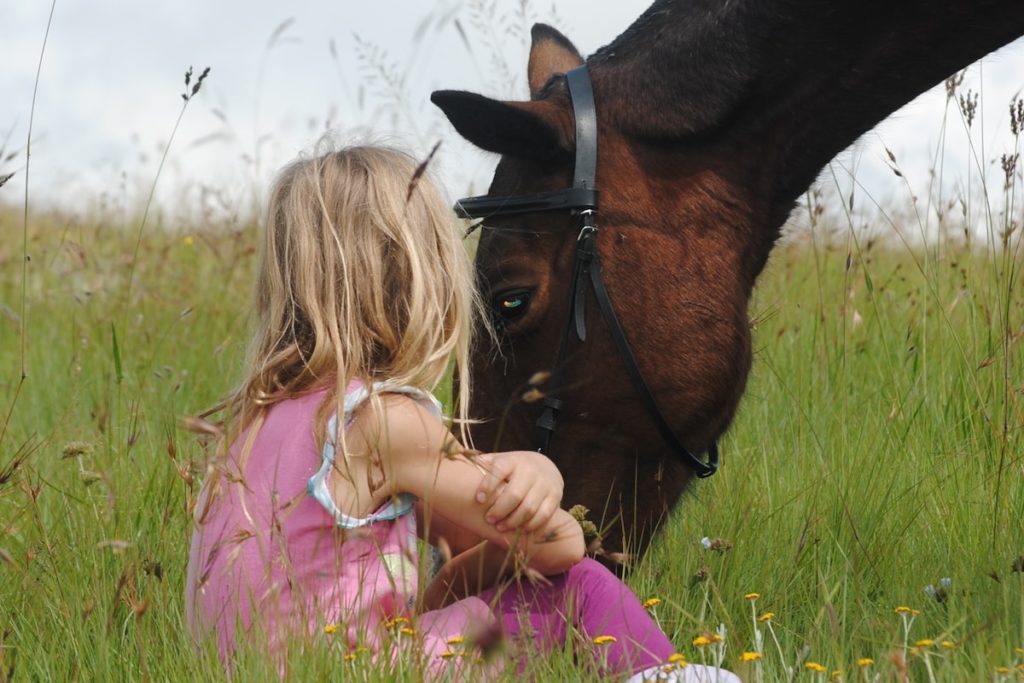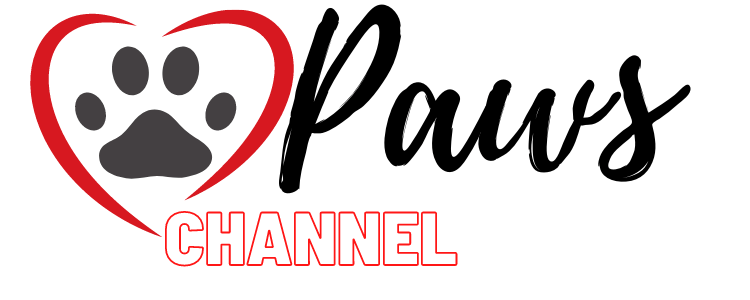Harassment in Equestrian Sports: How horse Riders Fight Sexism
Whether lewd sayings in the stable or sexualized comments on the Internet: Unfortunately, this is an experience that many riders – and especially female riders – have had to make. Ever since the #MeToo movement, female riders have been fighting for equality in a sport that has long been a literal pioneer in this field.
Riding in the only Olympic sport in which men and women compete against each other. An equal sport, then? This image is beginning to crumble at the latest since more and more female riders have been drawing attention to sexism and sexual assault in equestrian sport in recent years.
#MeToo in the saddle
Michelle Payne was one of the first to denounce the grievances publicly. She was the first woman to win the Melbourne Cup as a jockey in 2015. And she used this triumph to vent her anger: “Horse racing is such a chauvinistic sport. Many owners wanted to kick me off my horse because they think women are not good enough. Because they think we don’t have enough strength, ”she quotes the“ NZZ am Sonntag.” “There’s a hell of a lot more to riding than just being strong. This is complete bullshit. ”
A year later, there was a wave of outrage in the USA when several abuse cases by the long-deceased and extremely successful jumping coach Jimmy Williams became known.
During his time as a trainer, he repeatedly kissed, groped, coerced, and abused schoolgirls, some of whom were underage, against their will. “The riding trainer who shaped the Olympians and left a trace of child abuse” was the ” New York Times ” headline about Williams.
And thus sums up the power structure that sexual violence enables in many cases: Those who want to learn from the best, who are afraid of losing a beloved horse or career opportunities, remain silent.

Photo: unsplash.com/Hamid Tajik (symbol photo)
A vicious circle in other areas and sports means that coaches, bosses, and priests can abuse their power – and go unpunished for a long time.
Anne Kursinski is one of the most successful show jumpers in the USA. She, too, was raped by Williams for years and was one of the first to speak about it. She knows that the perpetrators often get away with it because they are considered gods in their profession. “I still say he’s a genius. But he was sick. ”The fact that she was silent for so long was also due to her gratitude for his role in her riding career. She had to deal with this contradiction between fear, disgust, and anger on the one hand and loyalty, on the other hand, through long therapy.
Sexism and sexual violence in equestrian sports also happen in Germany.
In this country, too, cases that are worrying keep making headlines. A few years ago, for example, a riding instructor from Schleswig-Holstein was sentenced to several years in prison – he had abused a 13-year-old riding student in a total of 18 cases.
It is actually no wonder that there are black sheep among horse people too. That there are the same problems of structural sexism there as in many other areas of society.
But in contrast to some other sports, there are particularly many girls and women at the riding stables: According to the “ Süddeutsche Zeitung,” they make up 76 percent of the members of riding clubs. In the large tournament stables, female grooms predominate. Many girls start riding at a young age and maybe confronted with unpleasant sayings and situations during the insecure, vulnerable phases of childhood and puberty.
And not only within the equestrian cosmos but also from outside.
Read Also: Saying goodbye with dignity: This is how horse undertakers work
Rider fights against sexist comments on Instagram.
Sexism in equestrian sport has moved more and more into the public eye in recent years due to courageous riders like Lisa Marie Kreutz. With the hashtag “#uyvequestrians,” she urges other riders on Instagram to raise their voices against sexist comments on the internet. Because that is exactly what the UYV stands for: Use Your Voice.
In 2019, Lisa Marie launched the campaign to defend herself against lewd comments that she and many other riders get. She no longer wants to accept private messages like “Ride on me.”
Others report similar experiences, for example, at school. Boys who ride are confronted with homophobic insults there. Girls looking to participate in riding receive inquiries on eBay classifieds from total strangers who want to offer them money for sex.
And when those affected then defend themselves against the sexualized slogans, they are labeled “free of fun.”
But these messages and sayings are no fun. In some cases, they leave deep marks on those affected. Lisa-Marie reports in a story (to be seen in her Instagram profile under the #uyvequestrians highlight ) of a girl who heard such sayings as a 14-year-old – and now has a disturbed relationship to her sexuality.
Others no longer dare to talk about their hobby for fear of stupid comments – even though they love it so much. Many female riders post stories like this on Instagram:
Many want to get loud so that something changes finally. “We practice the only Olympic sport in which men and women compete against each other on an equal footing … For these and many other reasons, we can be proud to be equestrian. Our horses and we deserve just as much respect as athletes from other sports, ”wrote Lisa Marie under the post.
How equal is the equestrian sport?
Despite this supposed equality, which is often emphasized in equestrian sport, experiences like those of Michelle Payne show that men and women are still viewed differently in the various equestrian disciplines. Riders are often less trusted in jumping and versatility, where supposedly male attributes such as speed and risk count. In dressage, where harmony and aesthetics are paramount, you will find fewer men.
For a long time, women had to ride side saddles, for example. Less than 100 years ago, it was explained in German equestrian magazines based on pseudo-scientific facts why women could not use a normal saddle. Competition riding and real control over the horse are not possible in the side saddle. For decades it was an effective tool to keep women in equestrian sport small. A glass ceiling to sit on.
The days of the side saddle are over – but the devaluation of women and riders is not. Hateful and inappropriate comments have the same purpose. They devalue the athletes by not esteeming them as athletes but degrading them to sex objects.
“Ride on me too.”
That is exactly what made Lisa Marie decide on her initiative. In an interview with “ Der Pferdepodcast,” she said: “Personally, I got messages three to four times a week from some men who wrote to me that I should please ride them or that I should please give them pictures of my ass in breeches send. That annoyed me terribly. ”
Lisa Marie Kreutz believes that just because riders wear tight trousers and the pelvis performs certain movements while riding does not mean that this is not a free ticket for sport sexualization. “I was just angry.” She practices a sport that demands a lot from her. So she wants to be seen as a sportswoman, as an athlete – and not as a sex object.
Sexual harassment in equestrian sports: What those affected can do
Fortunately, the initiative of the young showjumper is showing initial success. The Equestrian Sports Association of Saxony-Anhalt now wants to set up a platform for those affected together with the State Sports Association. This is what association president Jürgen Mund said to the ” MDR. ”
“The prevention of sexual violence is a core concern of our association because the topic of sexual abuse in sport is more topical than ever,” writes the German Equestrian Association (FN) in a statement to our magazine. “The FN, together with its member and affiliate associations as well as the DOSB, has been dealing with the question of how children and young people, but also adults, can be protected as best as possible from attacks while exercising their hobby, equestrian sport.”
The first point of contact for victims of sexual violence in equestrian sport, in clubs and companies, is the sexual abuse helpline. For this purpose, the FN has been cooperating with the NINA association since May 1, 2020. (“National Infoline, Network and Contact Point for Sexual Violence against Boys and Girls”). The helpline can be reached on 0800 22 55 530 (Mondays, Wednesdays, and Fridays from 9 a.m. to 2 p.m., Tuesdays and Thursdays from 3 p.m. to 8 p.m.). Contact by email to mail@nina-info.de is also possible.
Read Also: Curly Horses: Soooo cute – and the perfect allergic horses
Associations and clubs offer contact points for those affected.
“Suspected victims of sexual violence can, of course, also contact us personally,” emphasized a spokeswoman for the FN when we asked. “This happens up to ten times a year. The callers often want to remain anonymous and ask for advice on how to proceed. We will then give you tips and recommendations. ”
The FN also encourages the alleged victims to report the crime to the law enforcement authorities. They check and then decide whether to open criminal proceedings. If the alleged perpetrator is registered with the FN – for example, as a rider, breeder, owner of the horse business, or trainer – the association tries to ascertain the facts and collect evidence. On this basis, it will be decided whether disciplinary proceedings will be initiated. The disciplinary committee is then responsible for carrying out the disciplinary proceedings.
Also, the FN has already implemented numerous measures to protect against sexualized violence in recent years. The subject of “protection against sexual violence” has become a binding part of the training system and amateur trainers’ teaching concept. Since March 1st, 2012, prospective coaches have to sign a code of honor. Since 2014 you have to present a current police clearance certificate to be admitted to the trainer examination. Besides, the trainer’s license can be revoked if it is violated.

Photo: unsplash.com/Adalia Botha (symbol photo)
The association “Zartbitter eV” is another contact point for young people in distress. This points to an important problem: According to this, most of the known cases occurred in privately operated riding stables that are not members of the Equestrian Association. And: Most of the accused does not have a trainer license. In these cases, the FN has no possibility of sanction.
Therefore, the ” Zartbitter eV ” demands legal regulations: Private offers should also have to meet requirements that ensure children and young people’s protection from sexual violence. Also, a federally funded complaints office is urgently needed.
Anyone who, like Lisa Marie Kreutz, is particularly sexually harassed online can also defend themselves. A first step would be to report the news directly to Instagram. Lawyer Julia Hartwig gives the “MDR” a tip that there is a civil law injunction. Besides, a criminal offense of insult can be recorded. “You can do that even if you get unsolicited pictures that have a sexual background.”
Talk about your experiences.
Lisa Marie Kreutz’s example shows: Talking helps! It is important for those affected to exchange ideas. To know that they are not alone in their experiences. Whether you share your story with hashtags and post on Instagram or not – at least trust your parents, friends, or confidants in the stable.
Read Also: Child and pony: Don’t rush to buy

